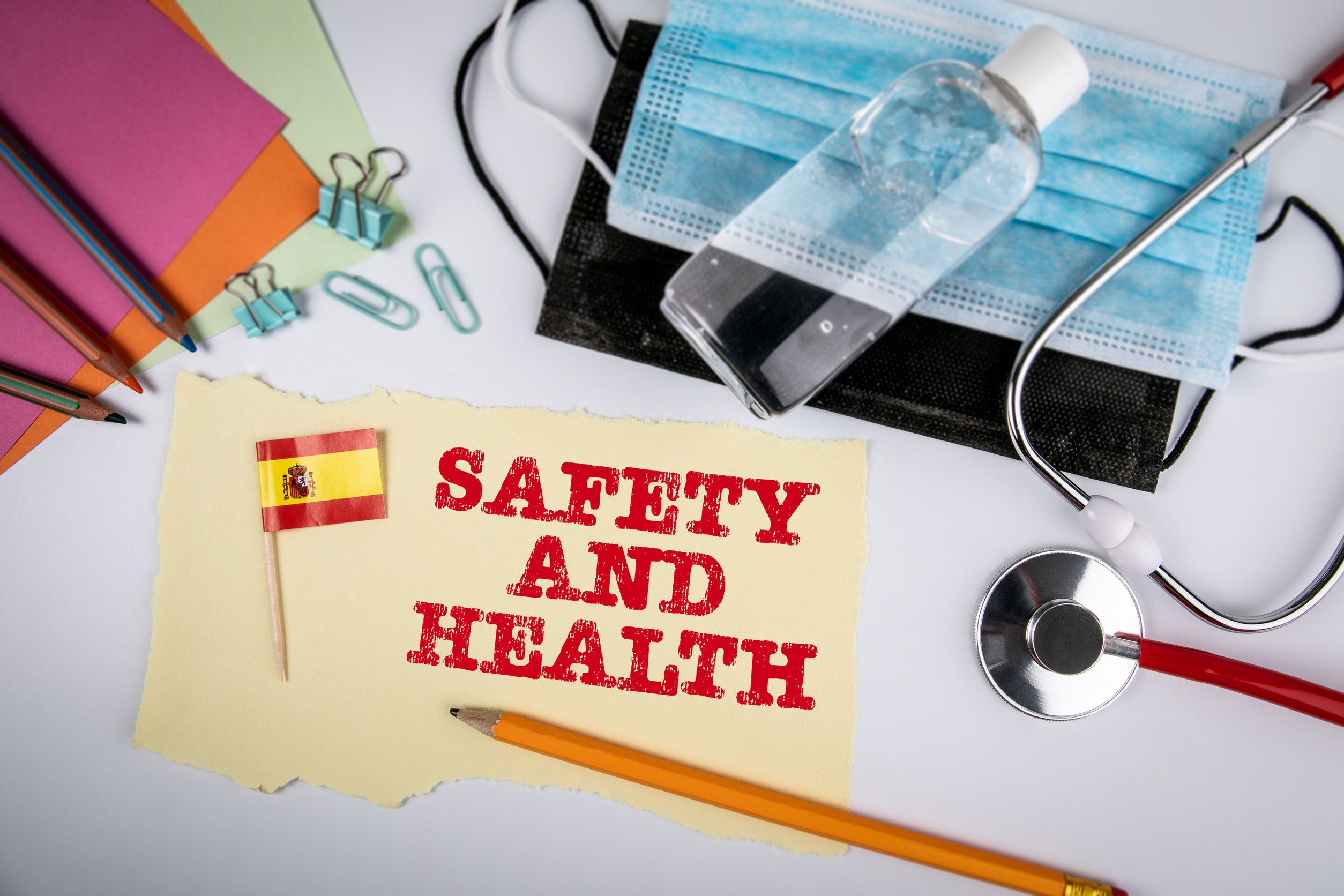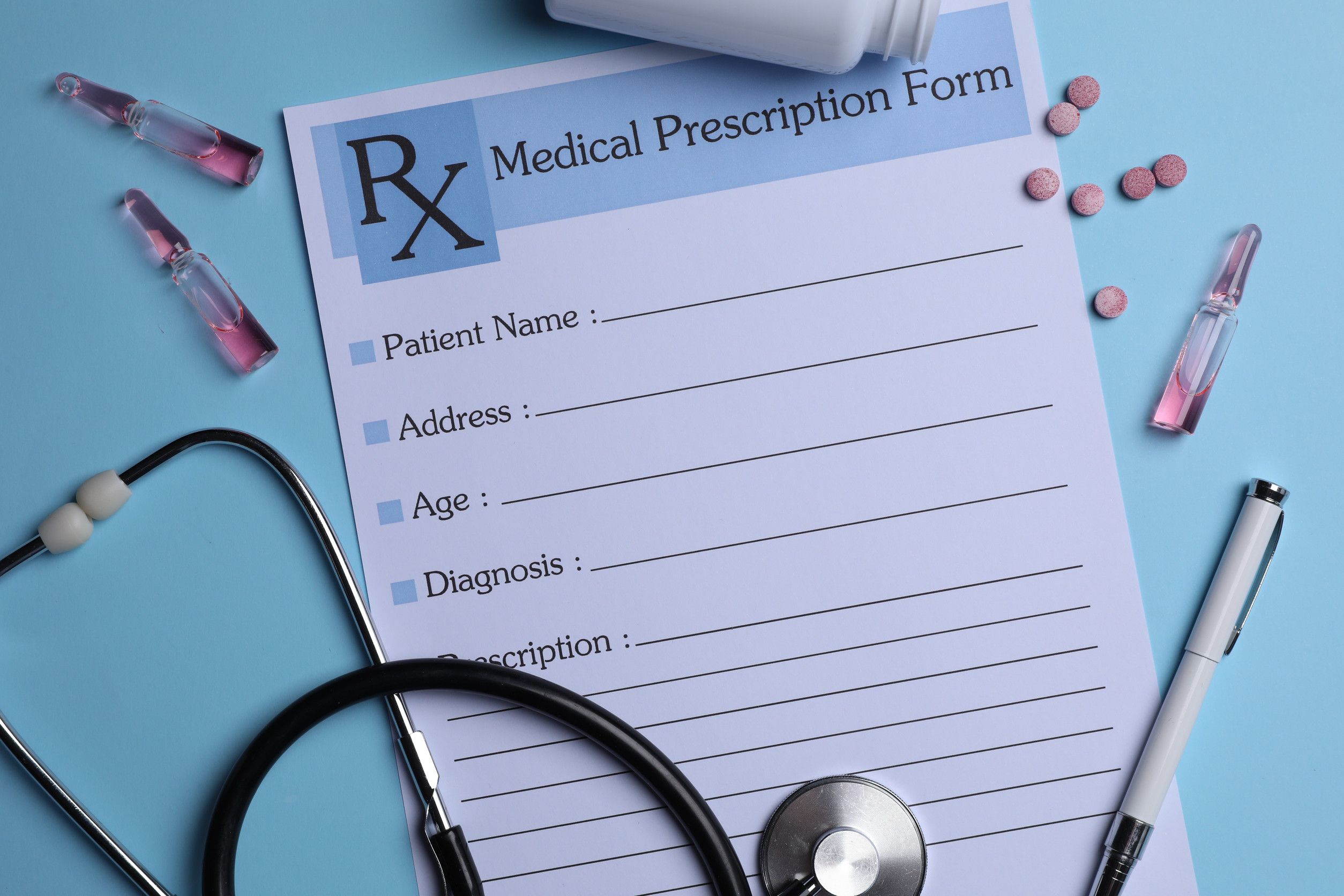UK Entry Health Requirements for Travelers

Before your trip to the United Kingdom, it's important to understand the country's health-related entry requirements. Depending on your nationality and visa type, you may need to undergo a tuberculosis (TB) test, provide proof of health insurance, or understand how to access medical care during your stay. Advance knowledge of these requirements ensures a smooth arrival and keeps you protected during your visit or stay in the UK.
Tuberculosis Screening for Long-Term Visa Applicants
If you're applying for a UK visa for more than 6 months and are a resident of a country where TB is common, you must provide a TB test certificate:
- The test must be conducted by a UK-approved clinic.
- This applies to students, workers, and family visa applicants from over 100 countries.
✅ Countries with Approved TB Testing Clinics for UK Visas
These countries have UK-approved TB testing clinics, so applicants can get tested locally:
| Afghanistan | Algeria | Angola |
| Armenia | Azerbaijan | Bangladesh |
| Belarus | Bhutan | Bolivia |
| Botswana | Brunei | Burundi |
| Cambodia | Chad | Cameroon |
| China | Côte d’Ivoire | Democratic Republic of the Congo |
| Dominican Republic | Ecuador | Ethiopia |
| Gambia | Georgia | Ghana |
| Guatemala | Guyana | Haiti |
| Hong Kong | India | Indonesia |
| Iraq | Kazakhstan | Kenya |
| Laos | Madagascar | Malawi |
| Malaysia | Moldova | Mongolia |
| Morocco | Mozambique | Myanmar (Burma) |
| Namibia | Nepal | Nigeria |
| North Korea | Pakistan | Papua New Guinea |
| Panama | Paraguay | Peru |
| Philippines | Russia | Rwanda |
| Senegal | Sierra Leone | Solomon Islands |
| South Africa | South Korea | Sri Lanka |
| Sudan | Tajikistan | Tanzania |
| Thailand | Turkmenistan | Uganda |
| Ukraine | Uzbekistan | Vanuatu |
| Vietnam | Zambia | Zimbabwe |
⚠️ Countries Without Local TB Clinics (Test in Another Country)
Applicants from these countries must travel to another country with an approved clinic to complete the TB test:
| Benin | Guinea | Micronesia (Federated States of) |
| Burkina Faso | Guinea-Bissau | Niger |
| Cape Verde | Kiribati | Palau |
| Central African Republic | Kyrgyzstan | São Tomé and Príncipe |
| Congo | Lesotho | Somalia |
| Djibouti | Liberia | South Sudan |
| East Timor | Macau | Suriname |
| Equatorial Guinea | Mali | Swaziland |
| Eritrea | Marshall Islands | Togo |
| Gabon | Mauritania | Tuvalu |
Exempt: Children under 11 and short-term visitors.
Health Insurance Requirements for UK

When planning a trip or a long-term stay in the UK, it's important to understand how healthcare access works depending on your visa type and nationality.
- Visitors are not legally required to have health insurance to enter the UK.
- However, non-EU travelers are strongly advised to buy travel health insurance to cover medical costs, as NHS services are not free for short-term visitors.
- EU/EEA/Swiss citizens should carry a valid EHIC or GHIC card to receive medically necessary care through the NHS during their stay.
- For students and long-term visa holders, paying the Immigration Health Surcharge (IHS) during your visa application gives you full access to NHS services while in the UK.
Yellow Fever and Other Travel-Related Vaccines
A yellow fever certificate is not required to enter the UK, even if you're traveling from a country where yellow fever is endemic. However, travelers transiting through certain African or South American countries may be advised to have it for their onward journey or return.
Recommended Vaccinations for Travelers to UK

While no specific vaccinations are currently mandatory for entry into the UK for general travel, it's always recommended to be up-to-date with your routine vaccinations, such as:
- Measles, Mumps, and Rubella (MMR)
- Diphtheria, Tetanus, and Polio
Additionally, depending on your individual health situation and travel history, your healthcare provider may recommend other vaccinations may include:
Rabies: Recommended for long-stay travelers and those who may come into contact with animals.
Polio: A booster may be recommended for adults.
Actionable Step: Consult your doctor or a travel health clinic at least 6-8 weeks before your trip to discuss your vaccination history and any potential recommendations for your travel to the UK.
Medical Screening at the Border in Rare Cases
Border officials may conduct health checks if:
- You're visibly ill (fever, rash, respiratory symptoms).
- You're arriving from a country experiencing an outbreak (e.g., Ebola or Marburg virus).
- You do not comply with public health guidance when asked.
Cooperation is mandatory. Refusal could lead to delays or denial of entry.
Prescription Medication Rules

Travelers can bring personal medication into the UK, but:
- Carry it in original packaging, along with a doctor’s prescription or note.
- Some medications (e.g., those containing codeine or strong painkillers) are controlled substances. Check UK rules in advance to avoid issues at customs.
Staying Healthy During Your Trip in UK
To reduce health risks during your stay:
- Register with a local GP if you're staying long-term.
- Use NHS 111 for non-emergency medical advice.
- Visit A&E only in emergencies.
- Wash hands frequently, especially in public places.
- Stay up to date with UK public health alerts.
General UK Entry Requirements for Travelers
Travelers to the United Kingdom must meet certain entry requirements depending on their nationality, purpose of visit, and length of stay. Here are the key criteria all visitors should consider before entering the UK:

- Valid Passport: All travelers must present a valid passport or travel document. It must be valid for the entire duration of your stay in the UK.
- Visa Requirements: Depending on your nationality, you may need a visa before traveling to the UK.
- Visa-free access is available for citizens of certain countries for short visits (usually up to 6 months).
- UK Standard Visitor Visas are required for tourism, business, or short studies for those who do not have visa-free access.
- Electronic Travel Authorisation (ETA) is being rolled out for visa-exempt nationals. Check if your country is eligible.
- Purpose of Visit: You must be able to clearly state and prove the reason for your visit (e.g., tourism, study, business, transit). You may be asked about this at border control.
- Proof of Funds: You may be asked to show that you can financially support yourself during your stay without needing public funds or employment.
- Accommodation Details: Immigration officers may ask where you will be staying during your visit.
- Return or Onward Travel Ticket: In some cases, you may need to provide evidence of your plans to leave the UK at the end of your visit.
- Tuberculosis (TB) Test: If you are staying for more than 6 months and from a country on the UK’s TB testing list, you must provide a TB test certificate from an approved clinic.
- Health Insurance (Advisory): Not mandatory for tourists, but strongly recommended. Long-term visitors must pay the Immigration Health Surcharge for NHS access.
- Good Character Requirement: You must not have a serious criminal record or pose a risk to UK public policy or safety.
🤒 What If You Get Sick in the UK?
If you fall ill while visiting or staying in the UK, your access to medical care will depend on your visa type and nationality:
- Tourists and Short-Term Visitors:
You are not entitled to free healthcare under the National Health Service (NHS). You must pay for most treatments unless it's an emergency.
💡 Tip: Travel health insurance is highly recommended to avoid high medical costs.
- EU/EEA and Swiss Citizens:
You can use your European Health Insurance Card (EHIC) or UK Global Health Insurance Card (GHIC) to access medically necessary NHS treatment during your visit.
- Long-Term Visa Holders (Students, Workers, etc.):
If you paid the Immigration Health Surcharge (IHS) with your visa application, you can access the NHS like a UK resident, including GP services, hospital care, and emergency treatment.
- Emergency Services:
The UK provides emergency treatment in A&E (Accident & Emergency) departments to everyone, including tourists, regardless of insurance or immigration status. However, further treatment after emergency care may be chargeable.
- Pharmacies and Minor Ailments:
For minor illnesses like colds or stomach upsets, pharmacies (called "chemists") can offer advice and over-the-counter medications without a doctor’s visit.
Conclusion
While the UK currently has minimal direct health-related entry requirements for travelers in May 2025, it is essential to be proactive about your health and well-being before and during your trip. Ensure your routine vaccinations are up-to-date, carry necessary medications with supporting documentation, and obtain comprehensive travel insurance. By staying informed and taking these precautions, you can enjoy a safe and healthy visit to the United Kingdom. Remember to always check the latest official guidance closer to your travel dates for any potential changes.
Content Disclaimer: While this information was last updated in January 2026, we strongly suggest confirming all travel details with the appropriate governmental agencies, embassies, and airlines.
Steps to Secure Your eTA for the United Kingdom
- Step1: Complete the online application form by entering your passport details and required personal information.
- Step2: Make the payment securely online using a credit or debit card.
- Step3: Check your email for the payment confirmation and receive your eTA electronically.